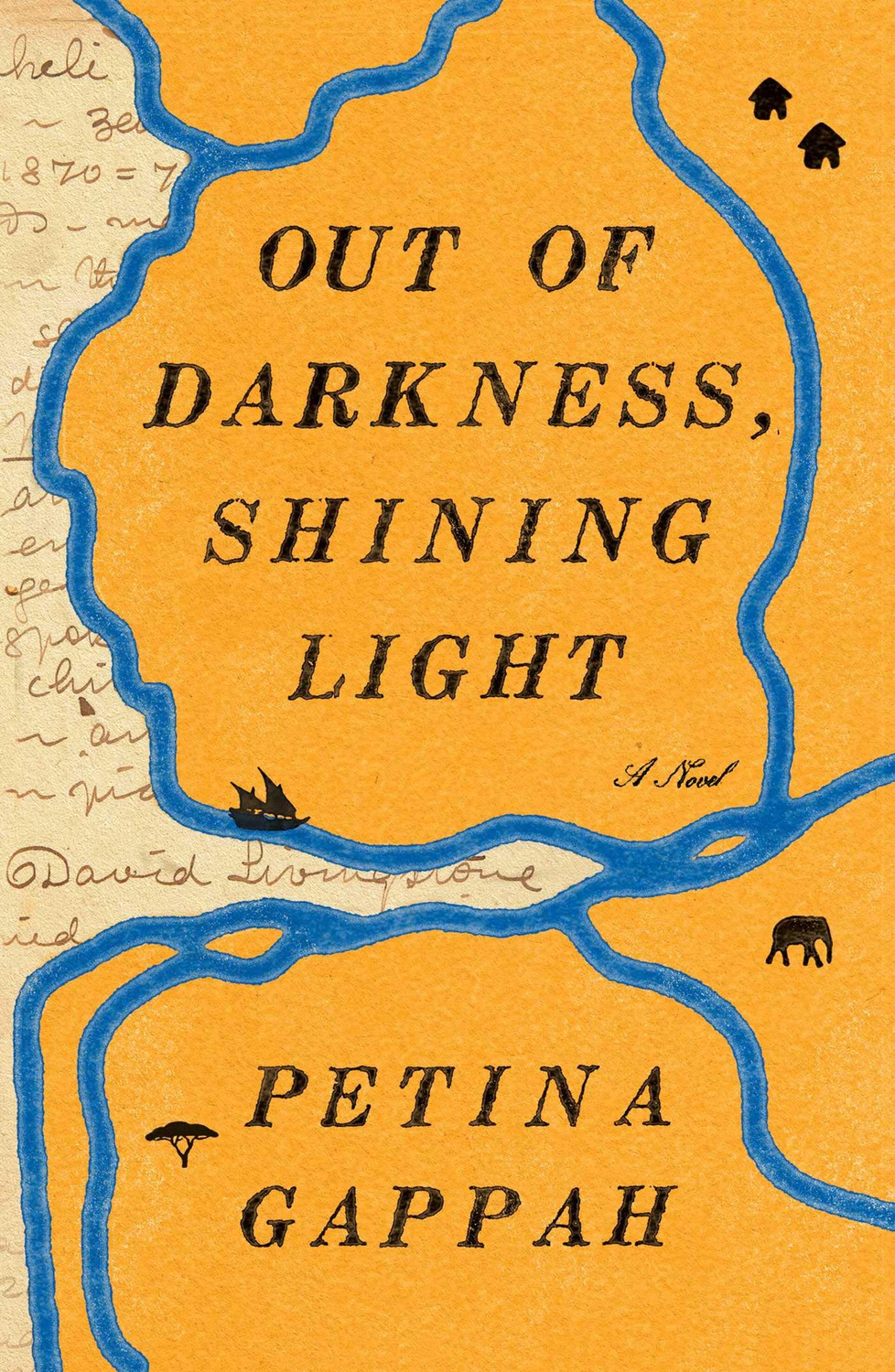
News
Harvard Quietly Resolves Anti-Palestinian Discrimination Complaint With Ed. Department

News
Following Dining Hall Crowds, Harvard College Won’t Say Whether It Tracked Wintersession Move-Ins

News
Harvard Outsources Program to Identify Descendants of Those Enslaved by University Affiliates, Lays Off Internal Staff

News
Harvard Medical School Cancels Class Session With Gazan Patients, Calling It One-Sided

News
Garber Privately Tells Faculty That Harvard Must Rethink Messaging After GOP Victory
Petina Gappah On Strong Voices in ‘Out of Darkness, Shining Light’ at the Harvard Bookstore
On September 18, award-winning author Petina Gappah made a stop at the Harvard Book Store during her book tour to discuss her latest novel, “Out of Darkness, Shining Light.” Originally from Zimbabwe, Gappah has written several other widely translated works such as “The Book of Memory” and “Rotten Row.” Her audience was comprised of both those who came to hear her speak and curious book store patrons who first stood in the back, but were then compelled to take a seat for the remainder of the event.
Following a brief introduction by the Harvard Book store staff, which mentioned a nod from Oprah Magazine that praised “Out of Darkness, Shining Light” as a 2019 fall must-read, Gappah noted that she hadn’t realized that Oprah Magazine had reviewed it. “I don’t read reviews when I’m touring a book and talking about it,” Gappah said. She then read the book’s prologue, and a sweeping silence fell across the audience.
When she finished, the crowd erupted in applause. “It’s very strange. I try not to read the things I’ve written after they’re published because then [I] want to edit…so this is actually the first time I’ve read the prologue,” Gappah said, then transitioned into an open Q&A.
The discussion centered on the extensive writing process that went into “Out of Darkness, Shining Light,” a novel that tells the story of the men and women who transported Dr. David Livingston’s body and works across continental Africa to his home in England after he died in the 19th century. “It was actually meant to be my first book. I started writing it in 1998, and I saved it on a floppy disk, but before that I had this Livingston story in the back of my mind,” Gappah said.
“The fact that Livingston wasn’t a very successful missionary or explorer didn’t dissuade me from being interested in [him],” Gappah said. “It made me even more interested in him because there was actually [something] very romantic about somebody who dies failing…but the more I read about Livingston, the more I became interested in his companions because I started to think, ‘My goodness what an extraordinary thing to do to carry a dead body for all those miles.’”
An aspiring writer from the audience asked about Gappah’s writing process. “I am always very excited to talk about process and craft,” Gappah said. “The structure I wanted to follow was inspired by folklore...I had three really strong voices…and then the more I thought about including Livingston as a voice, the more I thought, well, he’s been speaking for so long, for so many years. How about if I silence him so that he appears only in the memories of his companions?”
Gappah’s event attracted both those who were long familiar with her works and those who were intrigued by her latest novel. “Out of Darkness, Shining Light” was the first book by Gappah that Milana N. Mensah ’19, a student at the Harvard Extension School, came across.
“I’ve actually been curious about African writers since I am of African heritage,” Mensah said. “I’ve been trying to discover writers…I grew up with Chinua Achebe, but there are obviously more modern writers coming up.”
Tabitha L. Escalante ’23, on the other hand, was familiar with Gappah’s work, expressing her excitement for the new novel. “I find Gappah’s exploration of the intersection of issues with race, class, and gender to be really intriguing. I appreciate that Gappah exposes us to the perspectives of marginalized voices that we don’t always acknowledge,” she said.
Chibuihe L. Obi, a Scholars At Risk fellow at Harvard, was inspired by Gappah’s work. “I engaged with the idea of writing or telling stories about people that are not represented in the media,” he said. “This book is talking about a part of Africa’s history that we don’t get to hear often.”
Want to keep up with breaking news? Subscribe to our email newsletter.

